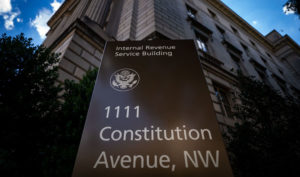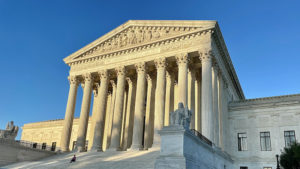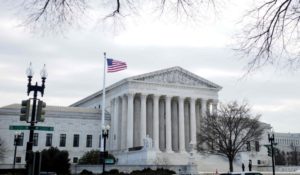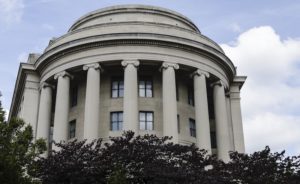Does the Constitution Require Agencies to Use Biased Judges?
The Supreme Court should uphold longstanding legislation protecting the neutrality of administrative law judges.
Are Most Federal Statutes Unconstitutional?
Recent appellate judge’s dissent charts a radical approach to the nondelegation doctrine.
Merger Law Is Dante’s Inferno Revisited
The shift by agencies away from the current guidelines on mergers and acquisitions has left firms in limbo.
Avoiding Unduly Concentrated Clean Energy Markets
The IRS will need help to avoid unintended adverse effects in implementing the Inflation Reduction Act’s clean energy provisions.
Supreme Court Crushes the United States’ Ability to Mitigate Climate Change
Rejecting EPA’s ability to reshape the coal industry, the Court forecasts invalidating future agency actions.
Nostalgia for Agency Expertise
Calls for more deference to agency expertise derive from an unrealistic view of executive policymaking.
Is Chevron Deference Still Alive?
Three takeaways follow from the Supreme Court’s recent opinions ignoring Chevron v. NRDC.
Important Changes at the Intersection of Antitrust and Administrative Law
Supreme Court changes in administrative law create uncertainty for new antitrust guidance from federal regulators.
Vaccine Mandates and Roads Not Taken
Another regulatory approach to mandate vaccines could have withstood judicial scrutiny.
Mass Comments Should Be Discouraged
ACUS should discourage the submission of mass comments in the notice and comment rulemaking process.
Compromise Between Radicals and Incrementalists in Antitrust Reform
Harmonizing two approaches to antitrust law reform may protect consumer and market welfare most effectively.
The Need to Change Jurisdiction Over the U.S. Electric Grid
When state and local voters prohibit clean energy transmission lines, they halt progress on climate change mitigation.












